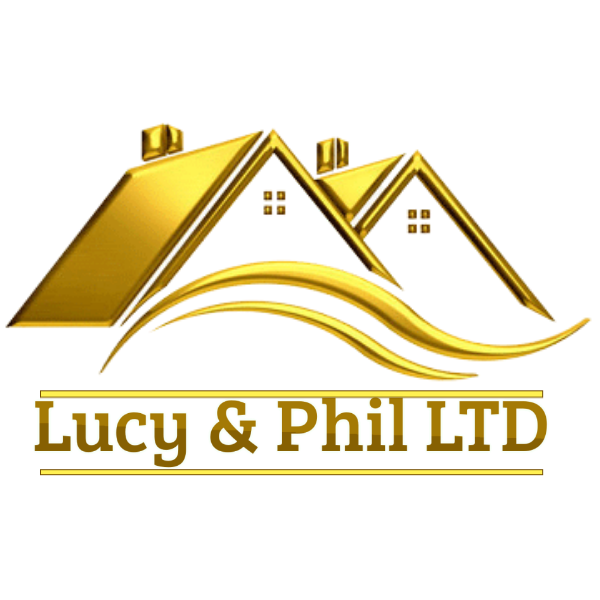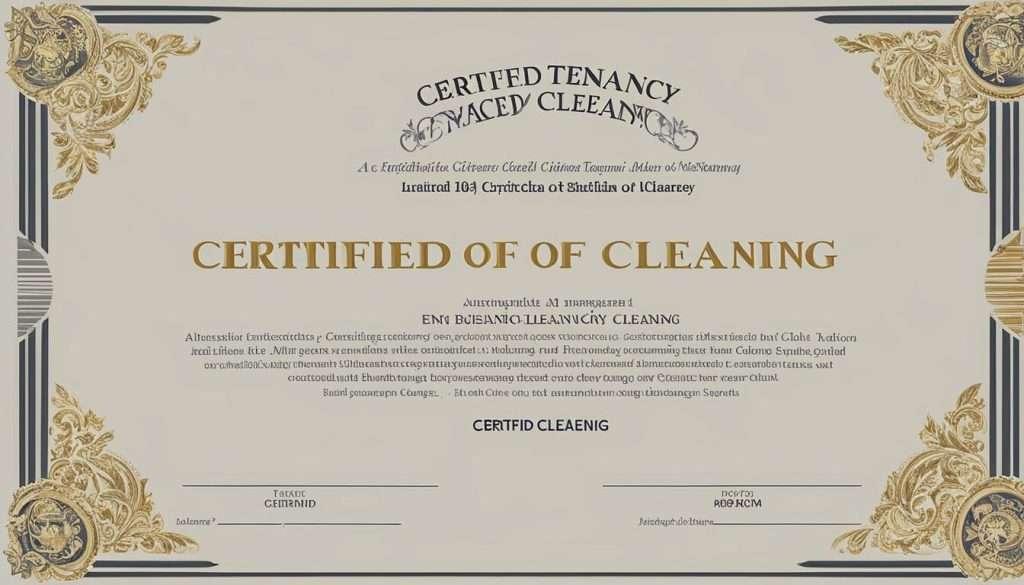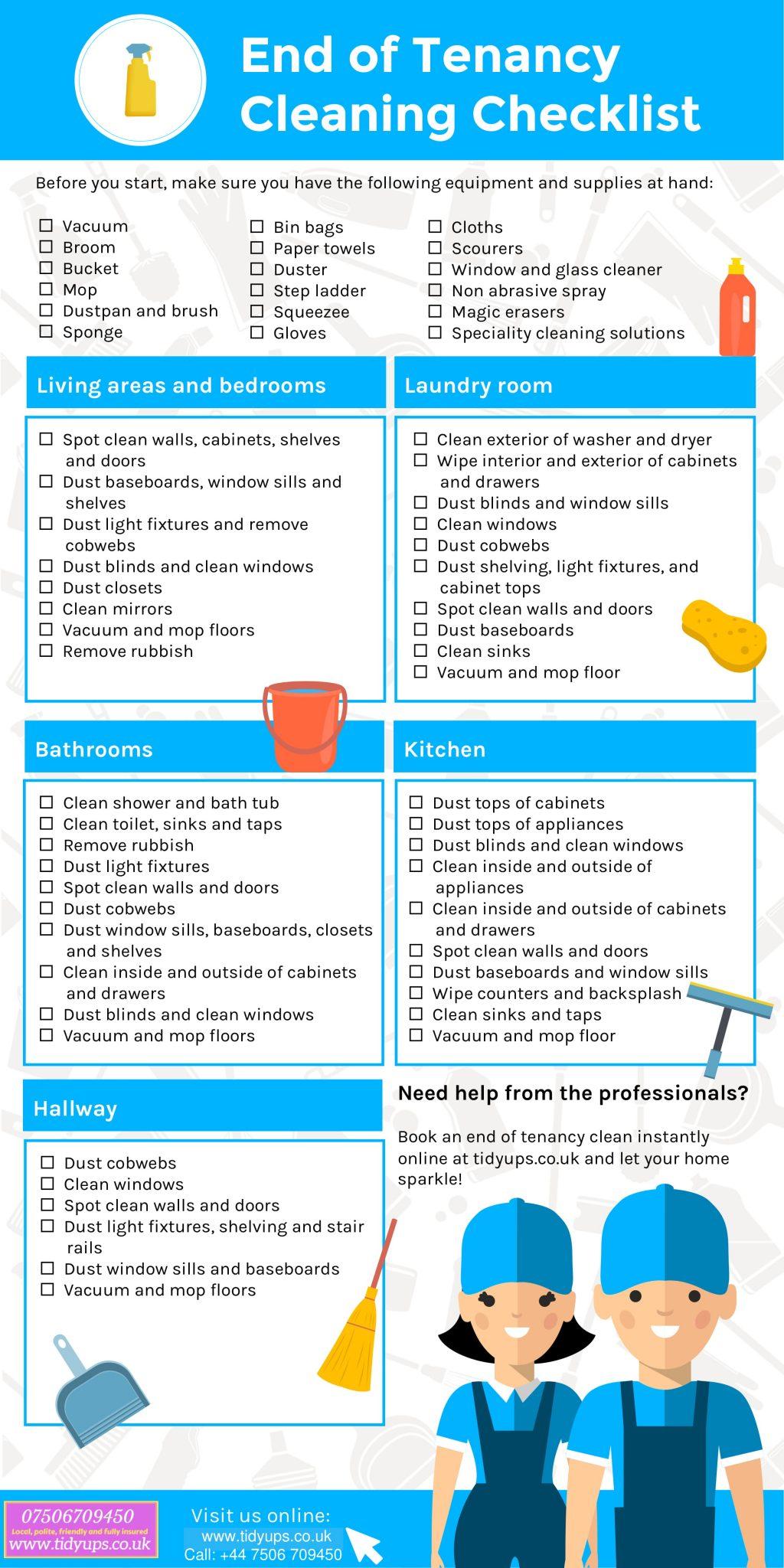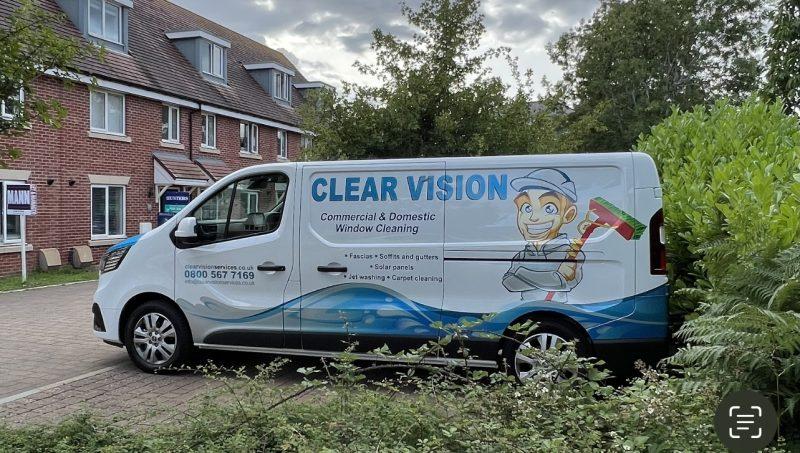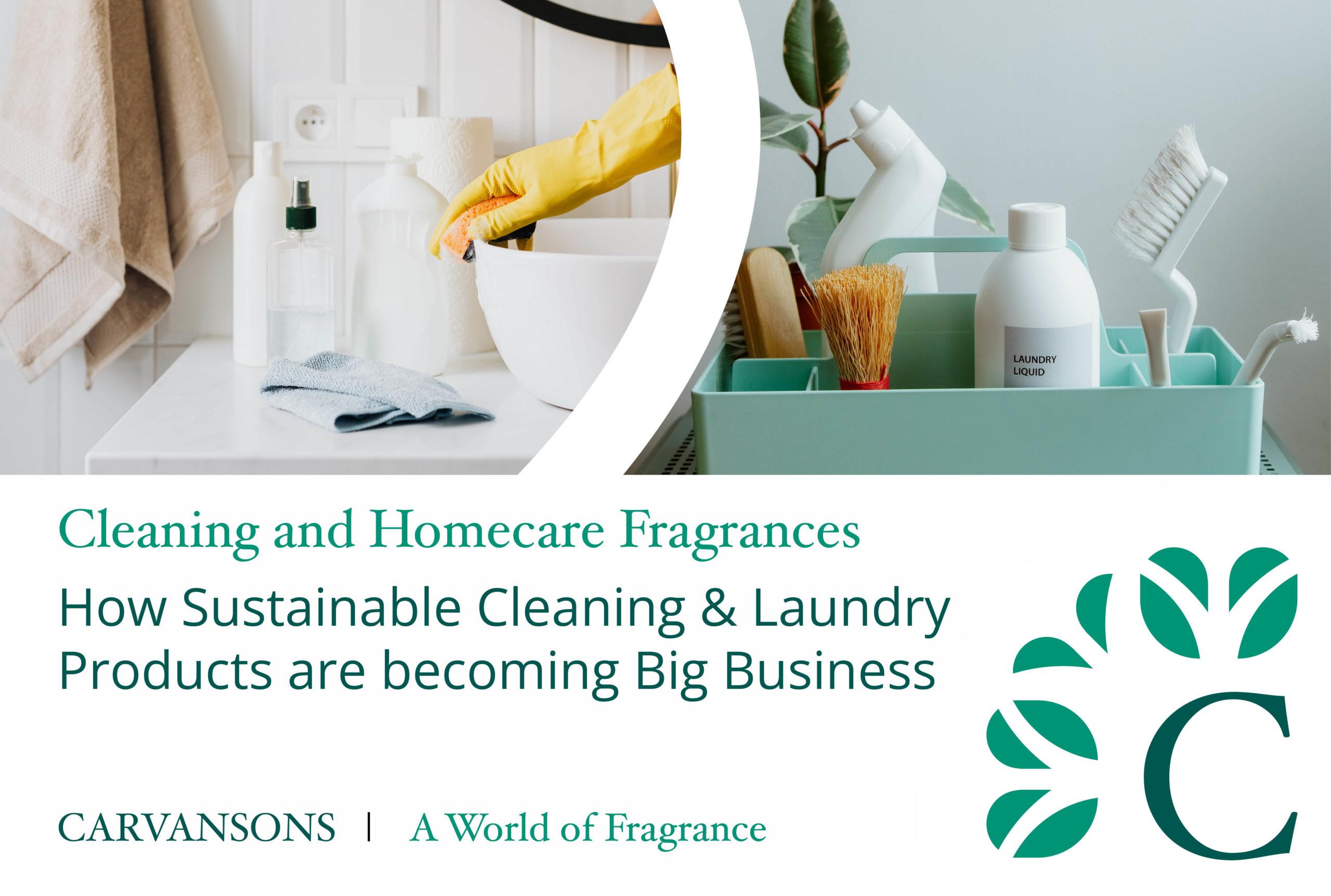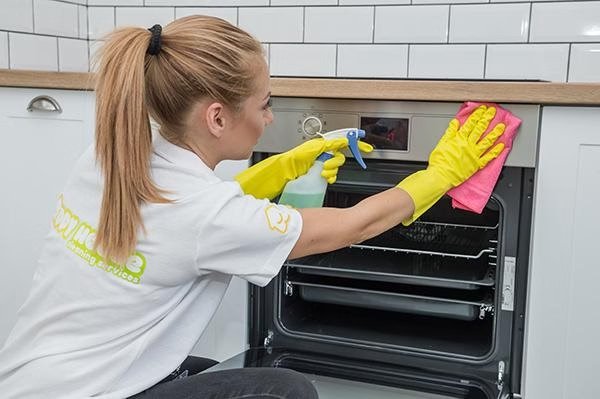
From terraced homes in Leeds to glass-fronted offices in London, cleanliness in the UK is kept humming by an industry most people notice only when it’s missing. Cleaning companies span a wide spectrum: lone operators with a van and a vacuum, regional firms handling schools and surgeries, national providers with 24/7 callouts for factories and transport hubs. Together, they navigate shifting standards, tight margins, and ever-rising expectations for hygiene, sustainability, and reliability.
This article maps the landscape of UK cleaning services-domestic, commercial, and specialist-exploring how companies are structured, what qualifications and accreditations matter, and which regulations shape day-to-day operations. It looks at the practicalities customers weigh, from insurance and DBS checks to contracts, pricing models, and service-level agreements. It also considers the industry’s changing toolkit, from eco-friendly products and microfibre systems to robotics, sensors, and data-driven scheduling.
Whether you’re comparing quotes, assessing a tender, or simply curious about who keeps hospitals sterile and high streets spotless, the goal here is clarity. No rankings, no hype-just a grounded look at how cleaning companies in the UK work, what sets them apart, and how to choose services that match real needs.
Table of Contents
- How to Choose a Cleaning Company in the UK Based on Certification Pricing and Insurance
- Comparing Domestic Commercial and End of Tenancy Services What Each Includes and What to Avoid
- Transparent Pricing and Contracts Red Flags Negotiation Tips and Service Level Guarantees
- Eco Friendly and Ethical Options Assessing Green Credentials Worker Welfare and Sustainable Supplies
- In Retrospect
How to Choose a Cleaning Company in the UK Based on Certification Pricing and Insurance
Let proof do the talking: reputable teams make credentials easy to verify and keep them current. Ask who trains their operatives, how they manage risk, and whether sustainability is baked into their processes. Prioritise firms that publish certification numbers and renewal dates, and that provide sample RAMS on request. If they clean specialist environments-medical, hospitality, heritage-expect niche accreditations to match.
- BICSc for operative competence and method statements
- SafeContractor/CHAS for health and safety management
- ISO 9001/14001 for quality and environmental systems
- COSHH training proof and DBS checks where access is sensitive
- Waste Carrier Licence if removing waste or sharps
| Cover | Typical UK Level | Why it matters |
|---|---|---|
| Public Liability | £5m+ | Accidental damage/injury on-site |
| Employer’s Liability | £10m | Legal requirement for staff safety |
| Treatment Risk | Included | Damage caused by chemicals/methods |
| Key-Holding & Fidelity | Specified | Loss of keys or staff dishonesty |
Price should be clear, not clever: compare like-for-like specs, not headline rates. Request a site survey and a written schedule that states frequencies, consumables, and responsibility for equipment. Transparent quotes show labour minutes per task, supervision time, and mobilisation. Favour suppliers who pay at least the Real Living Wage, since low rates often trade quality for churn; ensure VAT, travel, and out-of-hours premiums are explicit.
- Cost model: fixed monthly vs. hourly; ask for assumptions
- Hidden extras: waste disposal, consumables, deep cleans, call-outs
- Service guarantees: re-clean policy and response times in SLAs
- T&Cs: notice periods, price review clauses, substitution rights
- Proof of insurance: certificates dated, named insured, and endorsements listed
Comparing Domestic Commercial and End of Tenancy Services What Each Includes and What to Avoid
Across UK homes and workplaces, the best-fit package depends on purpose. Domestic routines favour comfort and upkeep-think bathrooms, kitchens, dusting, floors, and light appliance wipes-with add-ons like inside fridge/oven on request. Commercial contracts balance presentation and compliance, bundling reception detail, washrooms, bins, periodic floor care, and documented RAMS/COSHH. End of tenancy is a top-to-bottom reset targeting deposit return: oven degrease, limescale removal, inside cupboards, skirting, sockets, and often carpet shampoo. Scope and frequency dictate results-review the checklist (not just the rate) and match service depth to footfall, standards, and deadlines.
| Service | Typical Inclusions | Frequency | Best For |
|---|---|---|---|
| Domestic | Bathrooms, kitchen, dusting, floors | Weekly/Fortnightly | Lived‑in comfort |
| Commercial | Washrooms, bins, desks, floors, RAMS | Scheduled/Out‑of‑hours | Uptime & H&S |
| End of Tenancy | Oven, inside cabinets, skirting, limescale | One‑off (pre‑inspection) | Deposit recovery |
To protect budgets and expectations, verify what’s included, demand proof of insurance, and align move‑out cleans with the agent’s inventory. Commercial sites should see clear KPIs and SLA terms; households can prioritise safe products, reliable scheduling, and key‑holding protocols. Beware too‑good‑to‑be‑true quotes and vague promises-clarity wins every time.
- Avoid quotes that exclude VAT, materials, parking, or congestion charges.
- Avoid “deep clean” claims without an itemised checklist and timings.
- Avoid tenancy cleans without a re‑clean guarantee tied to the inventory.
- Avoid providers lacking public liability insurance or DBS checks for key‑holding.
- Avoid harsh chemicals on stone, lacquer, or untreated wood-request surface‑safe products.
- Avoid “carpet steam” upsells without proper extraction equipment and drying times.
- Avoid commercial contracts without RAMS, COSHH data, and waste‑transfer documentation.
- Avoid add‑on traps: ovens, blinds, and inside windows are often extra-confirm in writing.
Transparent Pricing and Contracts Red Flags Negotiation Tips and Service Level Guarantees
Clarity starts with the quote. Ask for a fully itemised breakdown that separates labour, materials/consumables, equipment, waste disposal, and any mobilisation or key-holding fees. Confirm whether VAT is included, how out-of-hours rates apply, and the price differential between routine cleans and deep or one-off services. Request a schedule of rates for out‑of‑scope tasks, sample invoices, and a clear indexation clause (e.g., CPI-linked with a cap) rather than vague “market adjustment” wording. Ensure the contract defines minimum hours, call-out thresholds, cancellation windows, and responsibilities for stocking consumables (client vs contractor), so you’re not charged twice for the same line item.
- Red flags: “From £…” pricing without specifics; rolling auto-renewals with short notice periods; admin or “environmental” fees that aren’t costed; broad “not responsible for” disclaimers; unverified subcontracting; missing insurance details; no proof of DBS checks; no COSHH or RAMS; cash-only or inconsistent timesheets.
Secure performance on paper. Negotiate a trial period, bundled rates for multiple sites, and frequency-based discounts. Tie contract extensions to quality KPIs and include a re-clean promise plus service credits if standards aren’t met. Specify escalation paths, rectification timelines, and auditing cadence (e.g., monthly onsite inspections). Require digital time-stamping for attendance, transparent consumables usage logs, and clause-backed cover for staff absences to avoid gaps in service.
- Negotiation tips: ask for alternative service tiers; cap annual uplifts; request KPIs by area (washrooms vs office); lock in response times; include breakage remediation; define holiday cover; and add sustainability reporting if it matters to your brand.
| SLA Metric | Standard | Premium |
|---|---|---|
| Issue Response | 4 hrs | 1 hr |
| Re-clean Window | Next day | Same day |
| Quality Score Target | 90% | 95% |
| Absence Cover | 24 hrs | 8 hrs |
| Incident Reporting | 12 hrs | 2 hrs |
| Sustainability Report | Quarterly | Monthly |
Eco Friendly and Ethical Options Assessing Green Credentials Worker Welfare and Sustainable Supplies
Choosing a provider that cleans without compromising the planet means looking past the buzzwords. Ask how impact is measured-energy, water, chemicals, and waste-and how that translates to the worksite. Leaders publish lifecycle footprints, run electric fleets, and swap harsh agents for third‑party verified alternatives. They redesign routines too: daytime cleaning to cut lighting loads, dose‑controlled concentrates to shrink plastic, and microfibre systems that reduce chemical use without sacrificing results.
- Certifications that count: ISO 14001; SBTi targets (or credible PAS 2060 plans); EU Ecolabel/Cradle to Cradle products; B Corp for governance.
- Transparent reporting: SECR and scope 3 tracking; independent audits (e.g., EcoVadis); public carbon roadmaps.
- Circular operations: closed‑loop bottle returns; reusable sprayers; repairable machines; end‑of‑life take‑back.
- Water and air quality: low‑VOC chemistry; cold‑water efficacy; auto‑dosing; HEPA filtration for indoor air.
Ethics should be as clear as a polished pane. A responsible firm pays the Real Living Wage, offers safe workloads and paid training, provides proper PPE, and enforces robust safeguarding and whistleblowing. Look for a public Modern Slavery Act statement, right‑to‑work checks, and fair scheduling. Sustainable supplies matter just as much: FSC‑certified paper, high‑recycled bin liners, refillable dispensers, and local sourcing to cut transport emissions.
- People first: Living Wage accreditation; regular contracts; sick pay; mental health support; union or employee voice.
- Safety and dignity: paid induction; risk assessments; COOSH compliance; training time counted as paid hours.
- Sustainable spend: verified recycled content; durable tools; concentrate refills; supplier audits and traceability.
| Quick Check | What Good Looks Like |
|---|---|
| Climate | Published targets, electric vans, measured reductions |
| Chemicals | Ecolabel products, auto‑dosing, microfibre methods |
| Wages | Real Living Wage, fair hours, paid training |
| Supply Chain | FSC paper, recycled liners, audit‑ready records |
| Waste | Closed‑loop refills, repair over replace |
In Retrospect
From terraced streets to glass-fronted towers, cleaning companies in the UK keep homes, workplaces, and public spaces quietly operational. The best fit isn’t universal; it depends on your brief, budget, and expectations. Clarify scope and frequency, assess transparency on pricing, and look for evidence of training, supervision, and measurable service standards. Accreditations and compliance matter too-think BICSc training, ISO certifications, health and safety credentials, DBS checks where relevant, and adequate insurance-alongside environmental commitments that align with your organisation’s goals.
Technology and sustainability are reshaping the sector, from data-led scheduling to low-impact chemicals and electric fleets, but outcomes still come down to people, process, and accountability. In a landscape defined by varied needs and evolving norms, a careful, criteria-led selection will serve you better than a quick fix. Make your choice with clarity, and let well-run routines slip into the background-like a clean surface that’s simply, reassuringly there.
